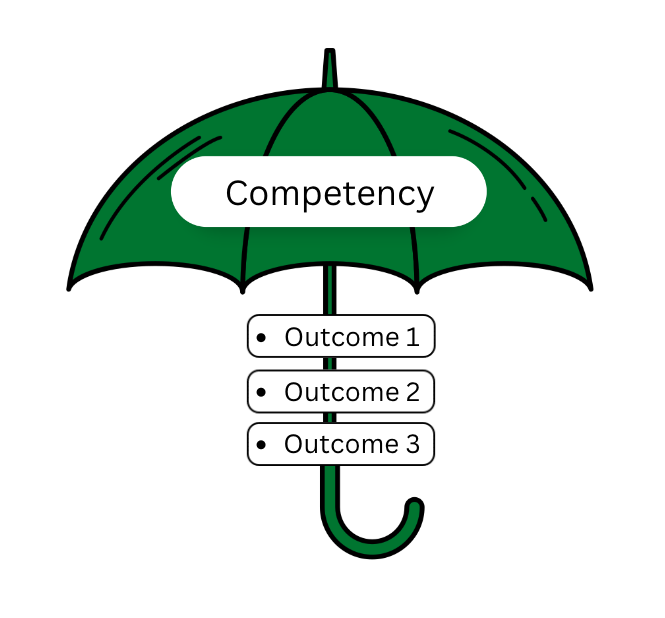Philosophy for Children: Experiential Learning at the U of S
Philosophy as a discipline is often thought of as an individual pursuit. However, it is my view that philosophy has always been about connecting with others, as shown by Philosophy in the Community, which has been offering public lectures off-campus for eight years. Philosophy can engage diverse audiences, even children.
Philosophy for Children
As a method of teaching, philosophy can be a tool to facilitate not only the development of communities of inquiry in primary and secondary schools, but also critical, caring and creative thinking skills among students of all ages. Philosophy for Children (P4C) programs have been growing in popularity all over the world since Matthew Lipman founded the Institute for the Advancement of Philosophy for Children at Montclair State University.
The Department of Philosophy, in collaboration with the University Learning Centre and the Saskatoon Public School Division, developed a new experiential learning course to be piloted in Term 2 of this academic year. In this course, university students will work with a grade 5/6 class at Hugh Cairns School to lead philosophical discussions about everything from fairness to the nature of reality. The course is called Philosophy in Education: An Introduction to Philosophy for Children and the course number is Phil 398.
Why do philosophy?
Philosophy means “love of wisdom” and involves searching for wisdom by asking progressively deeper questions. People of all ages ask philosophical questions about the nature of Knowledge, Mind, and Existence. However, when children ask those persistent “why?” questions, it’s tempting for adults to dismiss them. This is why introducing P4C is helpful to the development of critical thinking skills in students: it gives children the space to offer and ask for reasons to support their ideas with their peers.
How can kids do philosophy?
Philosophical problems are introduced to children through picture books, thought experiments, or questions they develop, and can begin to explore in a community of inquiry. In a P4C classroom, students develop a set of group norms that help them discuss each other’s ideas respectfully and help facilitators allow children to explore freely, rather than leading them to a pre-determined conclusion.
Dr. Sarah Goering, Program Director of the Northwest Center for Philosophy for Children, spoke at the U of S in September this year and you can view her talk here. Dr. Goering also gave the following TEDx talk about P4C in 2011.


